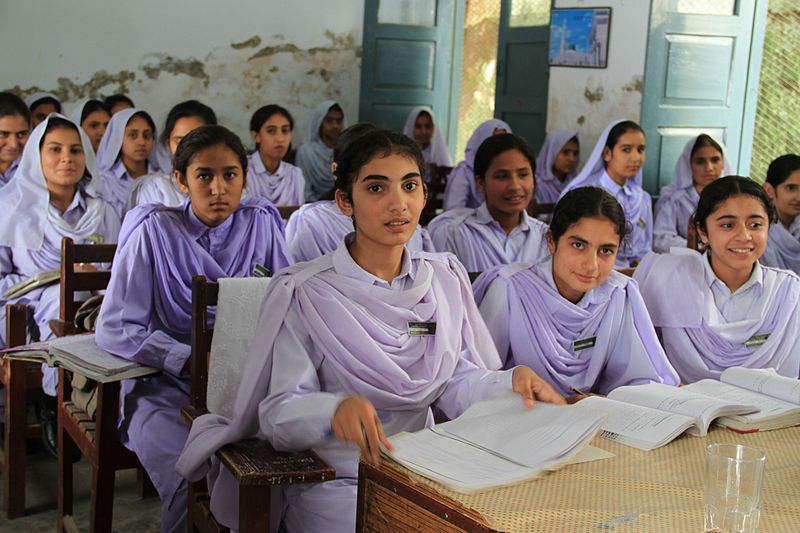
The World Economic Forum has once again put Pakistan at the bottom of its index ranking “gender gaps” in economics, politics, education, and health. Last year, Pakistan ranked 132 out of 134 countries, down from 127 the year before. This year there is no change in the overall ranking, however the report suggests that the state of gender-based biases in Pakistan remains abominable — and worse, stagnant.
While women make up over 51 of the population in Pakistan, only 3 percent of women participate actively in the economy. Thanks to CIPE efforts in 2006, Pakistani women now have the right to form business associations, and as a result there are eight registered women business associations in the country. Additionally, every chamber in Pakistan now has to elect two women members to its board. But gender equality is still a major issue in the country. The recent Gender Gap Report also mentions that while the gap between men and women has narrowed slightly in most countries during the past year, Pakistan still ranks the lowest in Asia and the Pacific region.
Although Pakistan does rank highly in political empowerment for women, its overall ranking moved down from 134th to 135th position last year due to a worsening in this category.
Pakistan ranked 124th on women’s health and survival, 129th on educational attainment, and is placed at the bottom on equal economic participation and opportunity.
Improvements came in the areas of women in Parliament, women in ministerial positions, sex ratio at birth, and enrollment in tertiary education, however, providing some hope for the future.
However weaknesses were widespread in areas such as health, life expectancy, enrollment in primary and secondary education, overall literacy rate, professional and technical workers, legislators, senior officials and managers, wage equality, and labor force participation.
With an overall ranking of 135, out of 136 countries ranked, Pakistan requires much stronger strategic efforts to improve the state of women in the country by providing them opportunities to work side-by-side with their male counterparts. It will be difficult for the country to prosper if half of its population remains unable to participate in the economy.
Hammad Siqqidui is Deputy Country Director for CIPE Pakistan.
Published Date: October 28, 2013